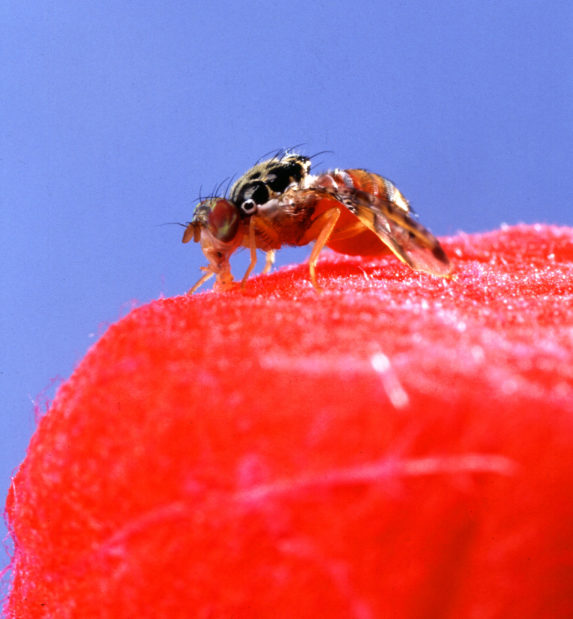It is estimated that one in nine people in the world suffer from chronic undernourishment. Plant mutation breeding and the Sterile Insect Technique (SIT) are two nuclear applications that contribute to ending hunger, achieving food security and improved nutrition and promoting sustainable agriculture (Sustainable Development Goal 2 (SDG2) under the 2030 Agenda for Sustainable Development). This fact sheet focusses on the benefits of these applications, the role of radioactive sources and what it means to manage these sources in a safe and secure manner.
The fact sheet builds on a panel discussion the VCDNP organised earlier this year on the “Sustainable Use of Radioactive Sources for Agriculture, Food Security and Health”. At that event, experts from Brazil, Guatemala and Indonesia shared with Vienna-based diplomats and other practitioners their experiences with the use of radioactive sources, the sustainable management of these sources and the important role of the International Atomic Energy Agency in that regard.
Our aim is to help promote a better understanding of how countries benefit from peaceful uses of nuclear energy and its applications and how related safety and security concerns are being managed. We also hope to contribute to meaningful dialogue on strengthening international cooperation in this area to ensure that all countries can continue to benefit from peaceful uses of the atom.

